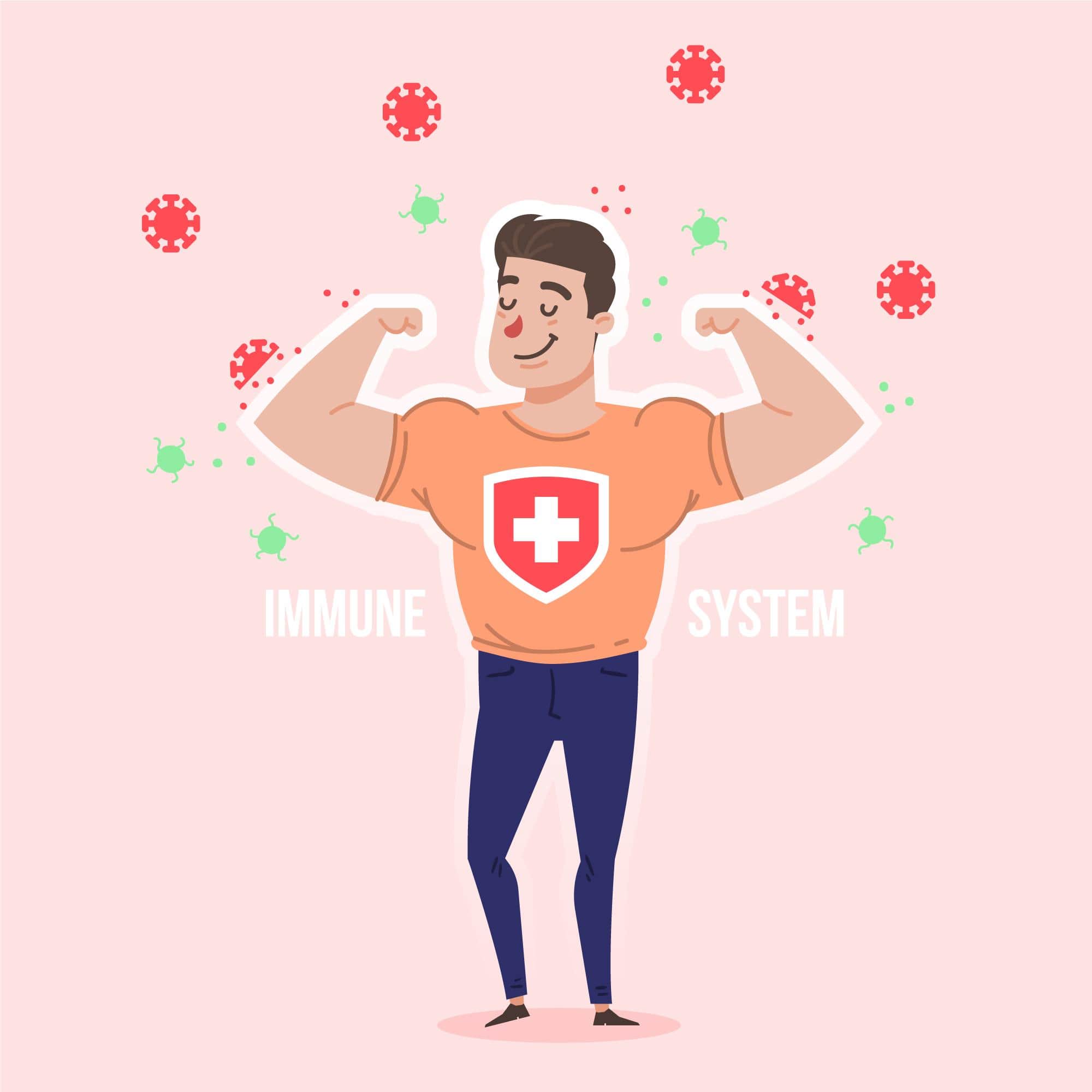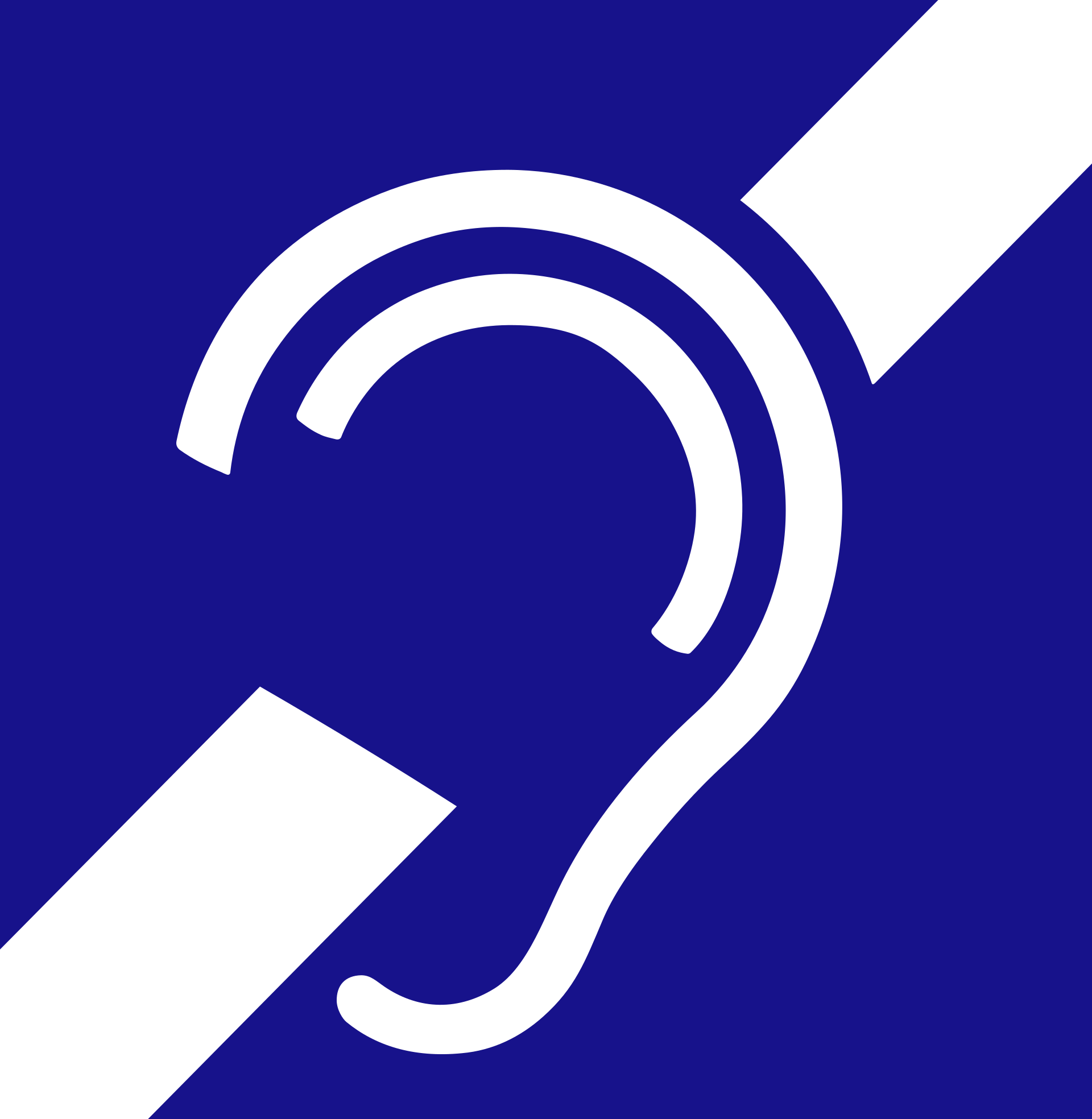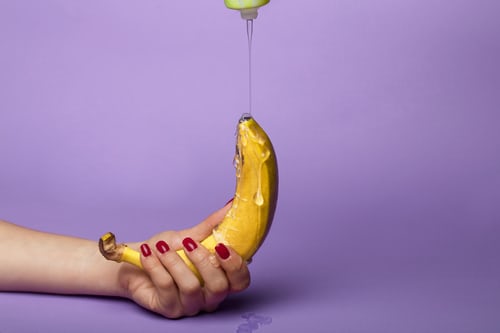Water that kills
4 minutes read | 2 comments
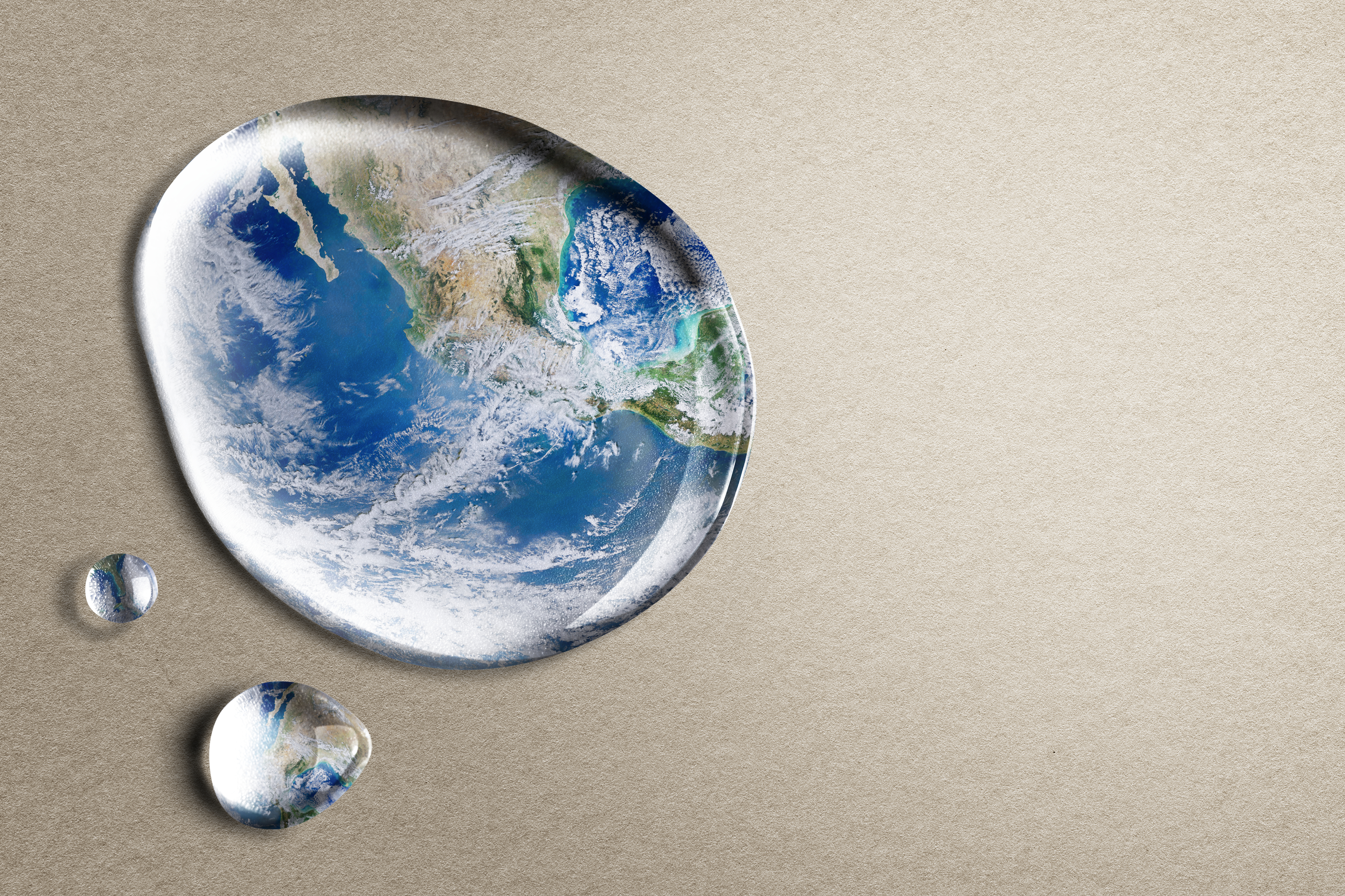
Written by Joseph Addo
Imagine waking up at 2am from a nightmare, sweating profusely, panting and almost unable to breathe and feeling really thirsty. You rush to the refrigerator for water but there is none and then look around – you forgot to get some water before you drifted off to sleep. You rush to the bathroom; the taps are out and you don’t have a single bucket of water except one bucket quarter - full with water but it is unclean and unsafe for drinking and all shops are closed. What would you do in this position?
Don’t worry, you wouldn’t die if you decide to wait till morning, but the scenario above helps us appreciate how much of a lifesaver water is. The refreshing feeling you get when gulping down some water after a period of thirst cannot be compared to what you feel after taking in any other liquid.

Many people live in communities with similar situations where the only source of water they can rely on is contaminated and unsafe and since it’s World water week, let’s sensitize ourselves on the benefits of water and why we should do all we can to keep it safe or protect it.
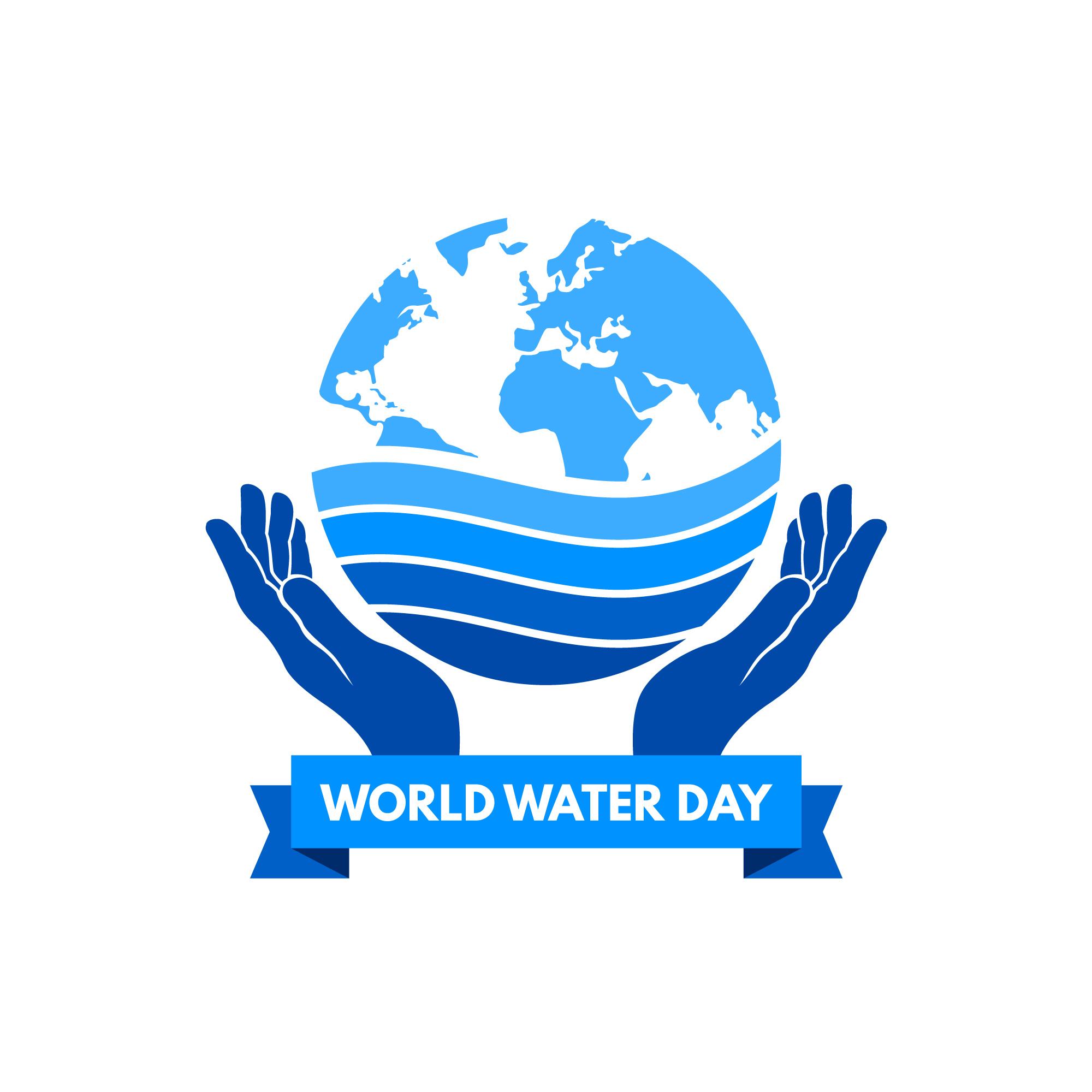
The human body is averagely made up of about 50% - 60% water and the planet earth is covered with about 70% water (pretty sure we learnt this from primary school), but about 80% of the water we use comes back to us untreated (now, this is worldwide pollution). In Ghana, UNICEF reports that "Seventy six per cent of households in Ghana drink water that is contaminated with faecal matter". This shows how unsafe we all are.
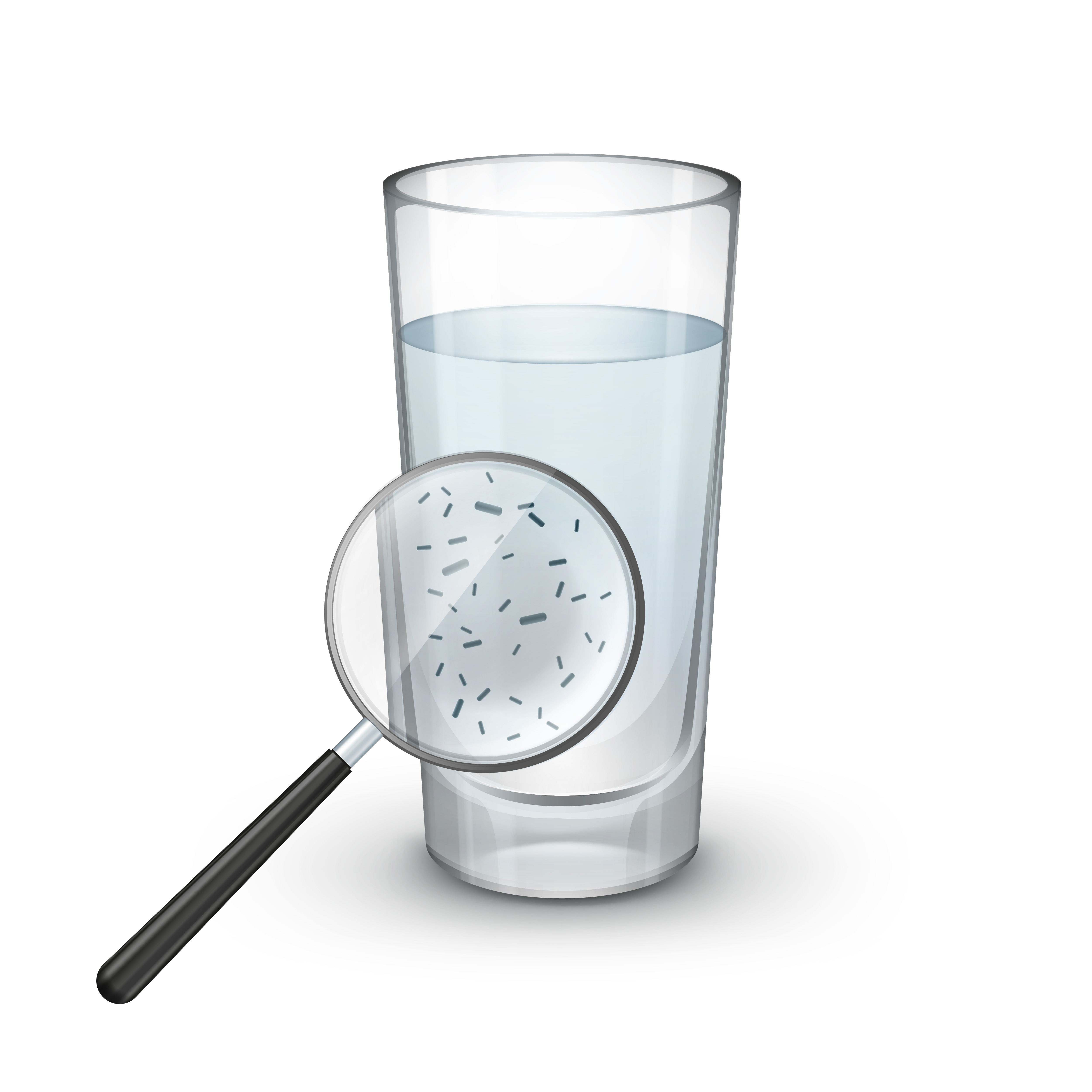
Causes of water pollution
Water pollution occurs every day and below are some ways by which water is contaminated (pretty sure you still remember your social studies or citizenship education);
i. Farming close to rivers
ii. Fishing with dangerous chemicals
iii. Dumping refuse into water bodies
iv. Urinating or defecating into water bodies
v. Oil spillage
vi. Washing into water bodies
vii. Illegal mining (Galamsey)
The list goes on and on and with the rate at which these continue, we may not have water to use at all in the near future. In a conversation with an analyst in the Ghana Water Company Limited, the water we pollute cannot even be treated with alum anymore, this means the contamination level upgraded from bad to worse. To those who use alum and chlorine in treating water, please seek expert advice first before doing so (Alum can be really dangerous to the organ tissues).
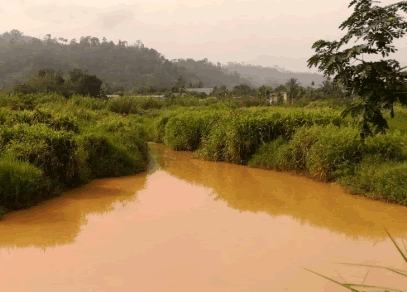
Effects of water pollution
Contaminating water sources could lead to a lot of harm especially to human and animal lives since we are highly dependant on water. Some diseases caused by water pollution include;
i. Bilharzia (schistosomiasis)
ii. Cholera
iii. Hepatitis A
iv. Guinea worm
v. Buruli ulcer (still under research)
vi. Typhoid
Water is meant to bring some form of healing and not bring us disease hence we should do our possible best to prevent contaminating water as that same water would eventually end up inside us. Water has a lot of benefits to humans and animals alike, some of which are;
i. It helps in detoxification of the blood through metabolism (urinating, sweating, breathing, etc)
ii. Helps to regularise blood pressure
iii. Promotes good growth
iv. Aids in digestion
v. Assists plant growth to produce food and fresh air
vi. Keeps skin moist and soft or prevents breakage of skin
vii. Serves as a source of food (providing fishes we eat)
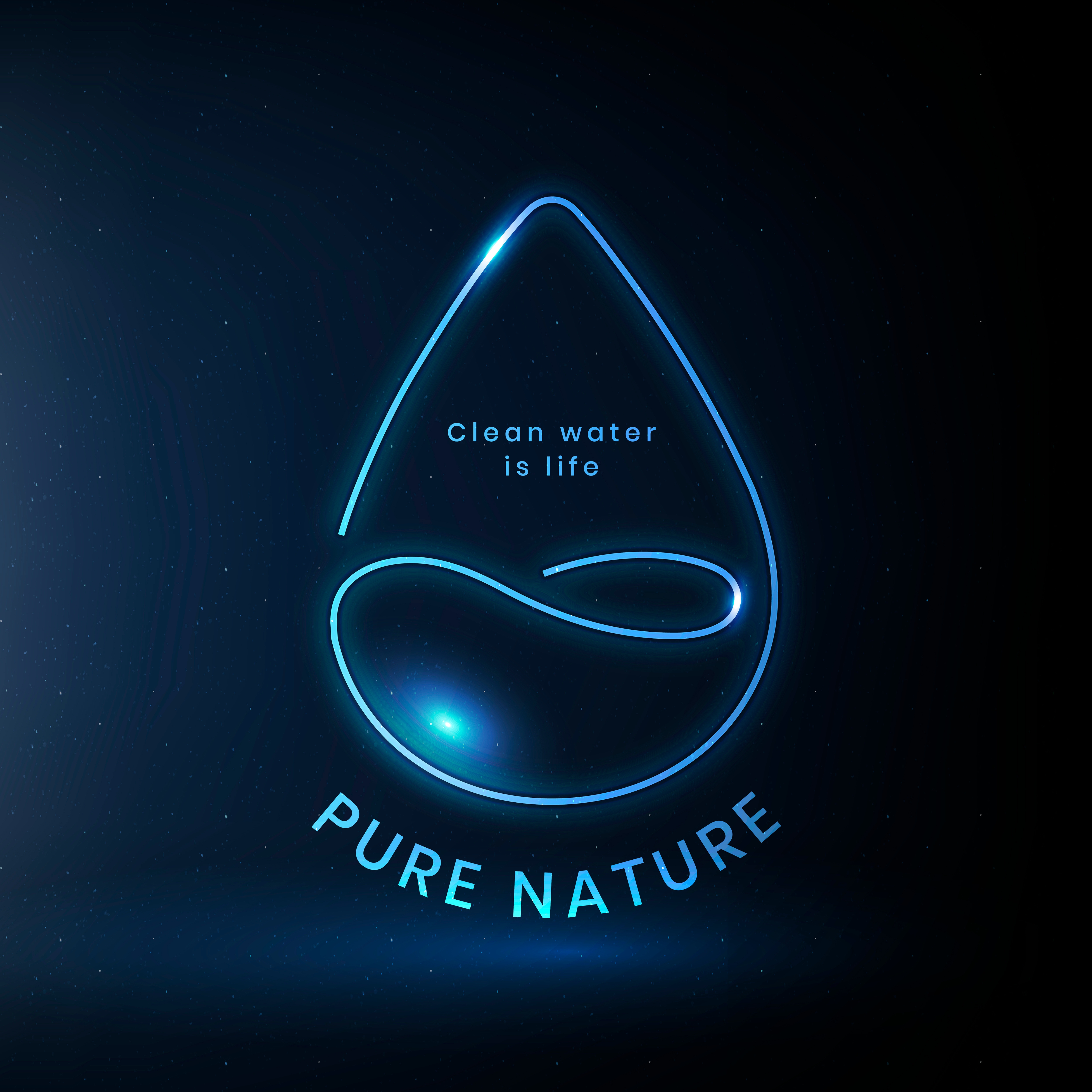
Aside the above we do lots with water, food and drug manufacturing, cooking, bathing, farming, decoration, etc. but when our water sources are destroyed, what then do we do? We need to care for our water just as we care for our bodies.
Some ways to make water safe for use at home include;
i. Boiling - this is known to annihilate most germs and bacteria present.
ii. Chlorination to also get rid of germs or bacteria, but please consult an expert to not exceed safe levels of usage.
iii. Filtration - its still advice to boil the water after this process
iv. Sedimentation - allowing the larger particles to settle, it’s still advised to filter and boil before use.
v. Sun radiation – allowing enough exposure to the sun is able to get rid of some bacteria or germs but not entirely. You’d still have to do something extra.
We should avoid doing any of the things that destroy our water sources, let’s do all we can to preserve the only water sources we have. To quote a famous scientist, Albert Einstein, “The world will not be destroyed by those who do evil but by those who watch them without doing anything”. When you see something wrong, say something!
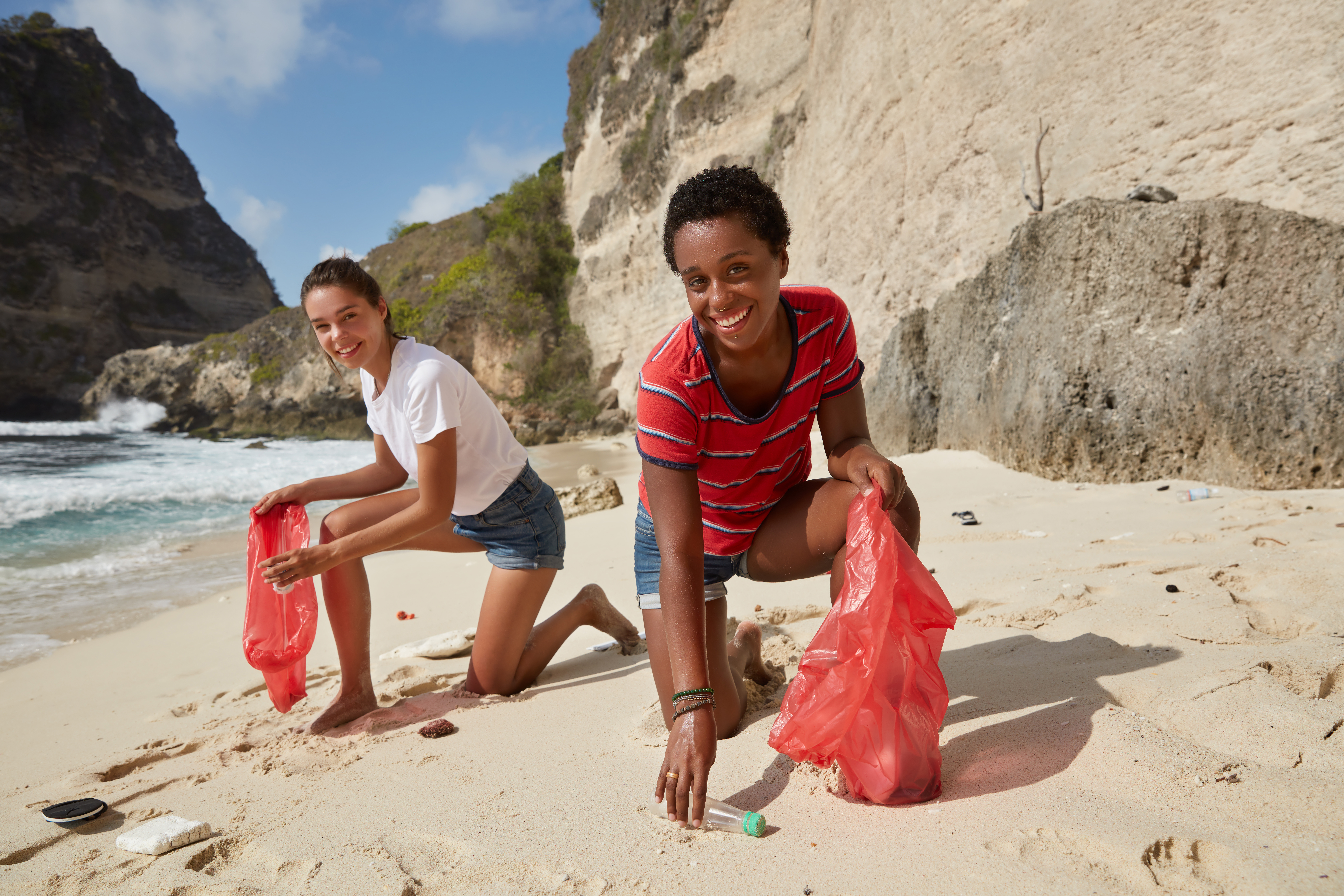
Don’t forget Pharst Care is only a click away. Contact our Doctors when you feel something is wrong. The Pharmacy is in your pocket!
Feel free to share on any platform
Similar Blogs
Anonymous Comments
We DO NOT record comments with the users who posted them.

